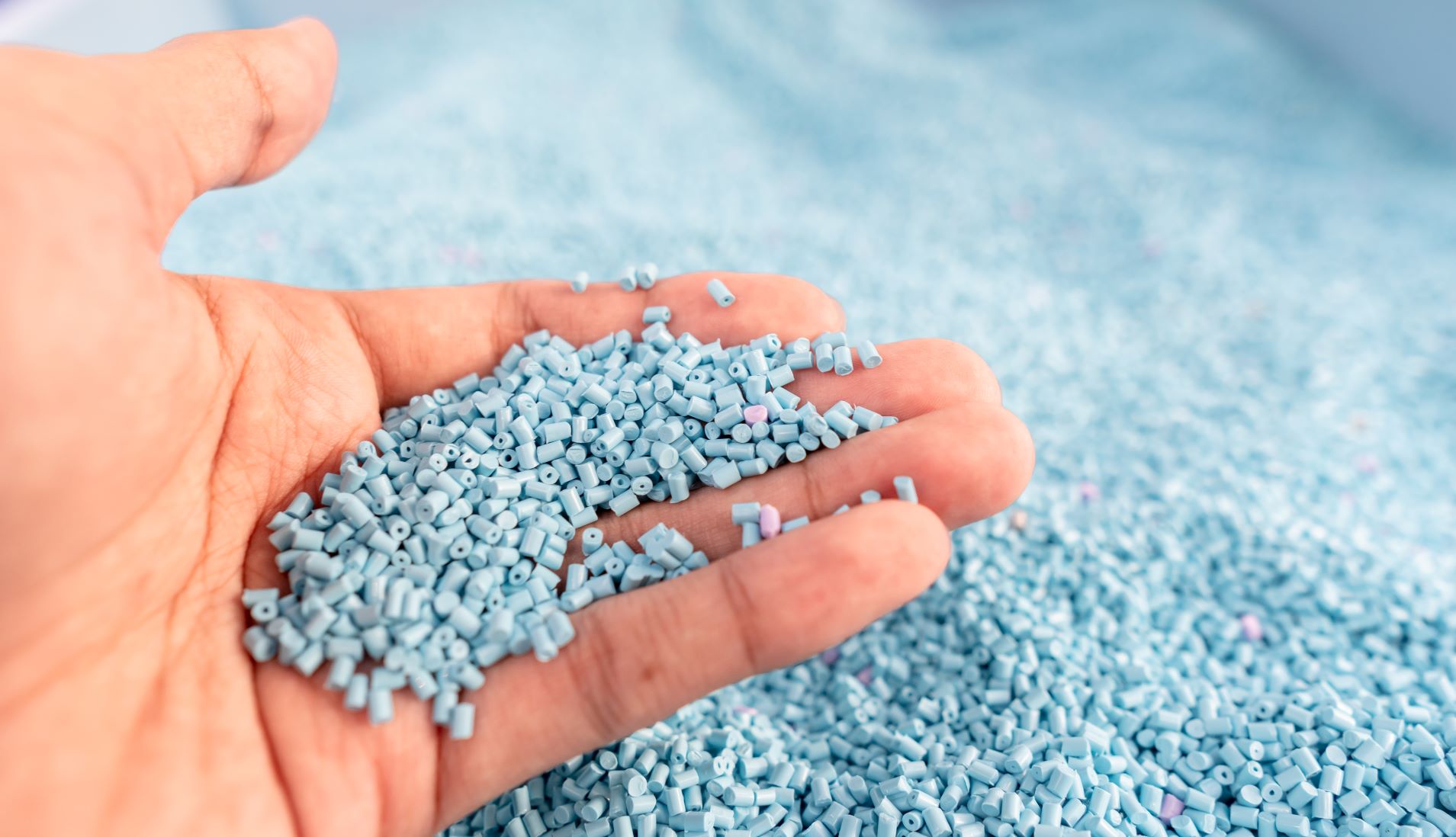
Circular Plastics Australia Case Study
Located in Albury-Wodonga, the Circular Plastics facility is a joint venture between Asahi Beverages, Pact Group Holdings Ltd
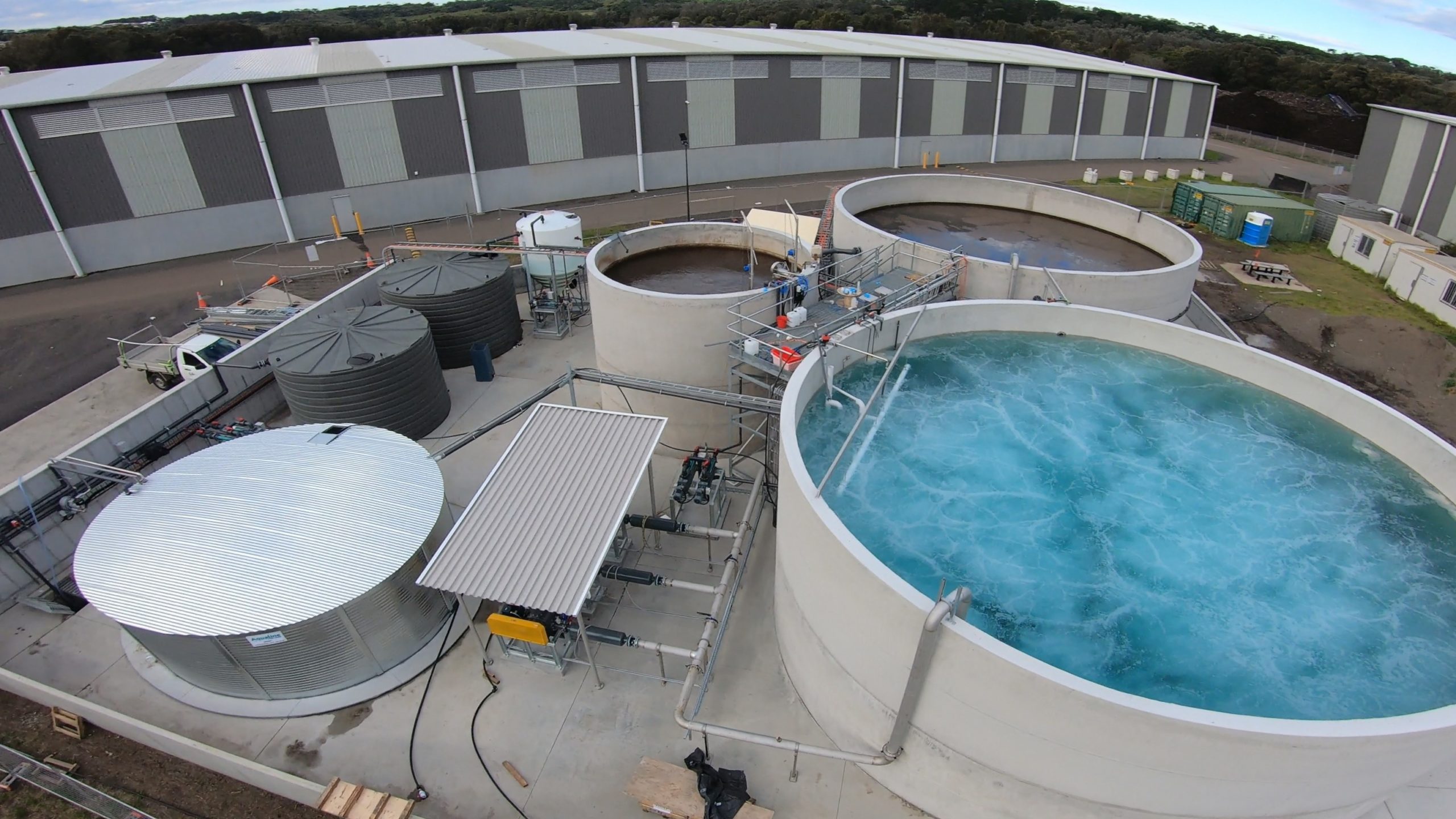
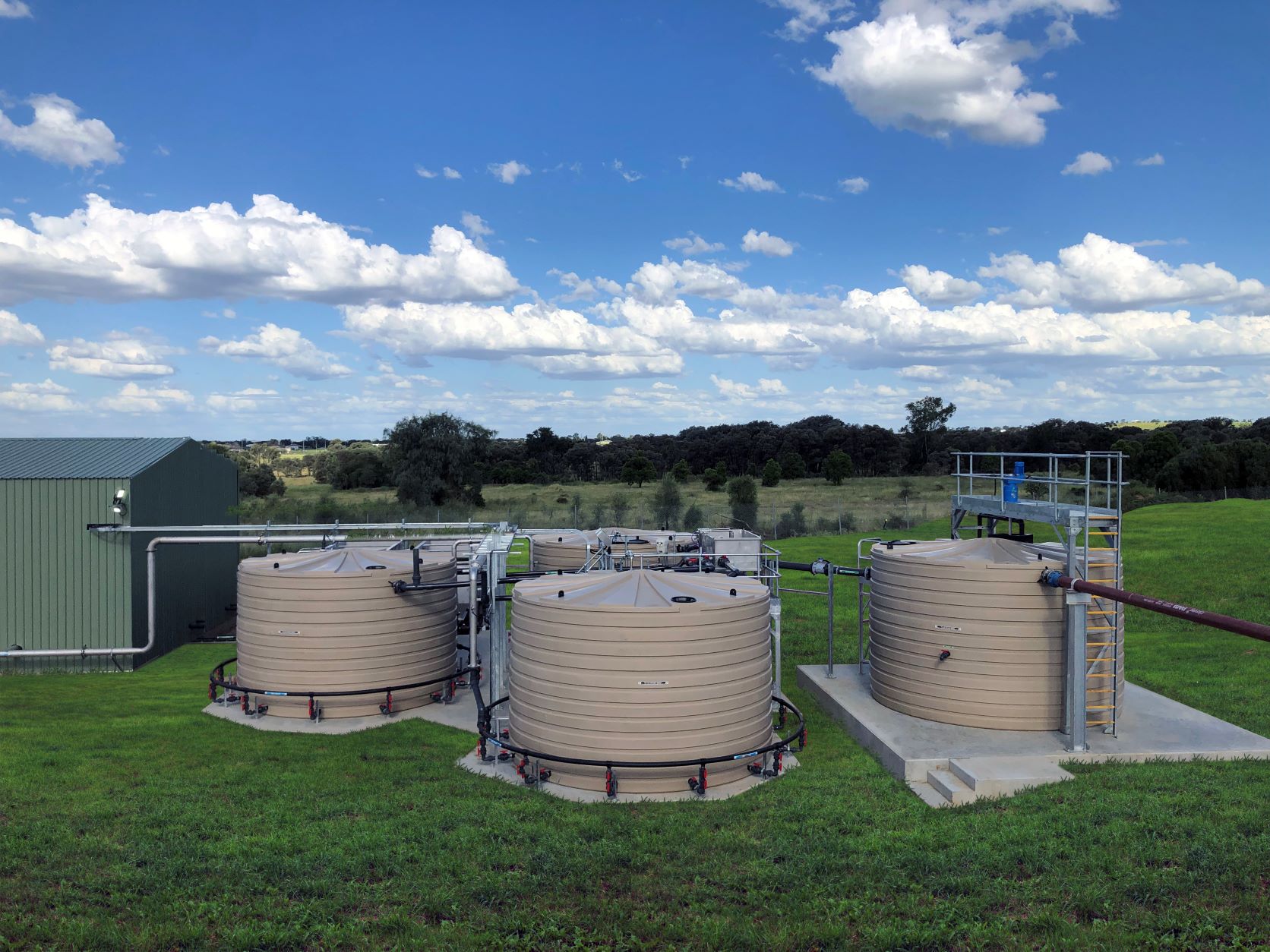
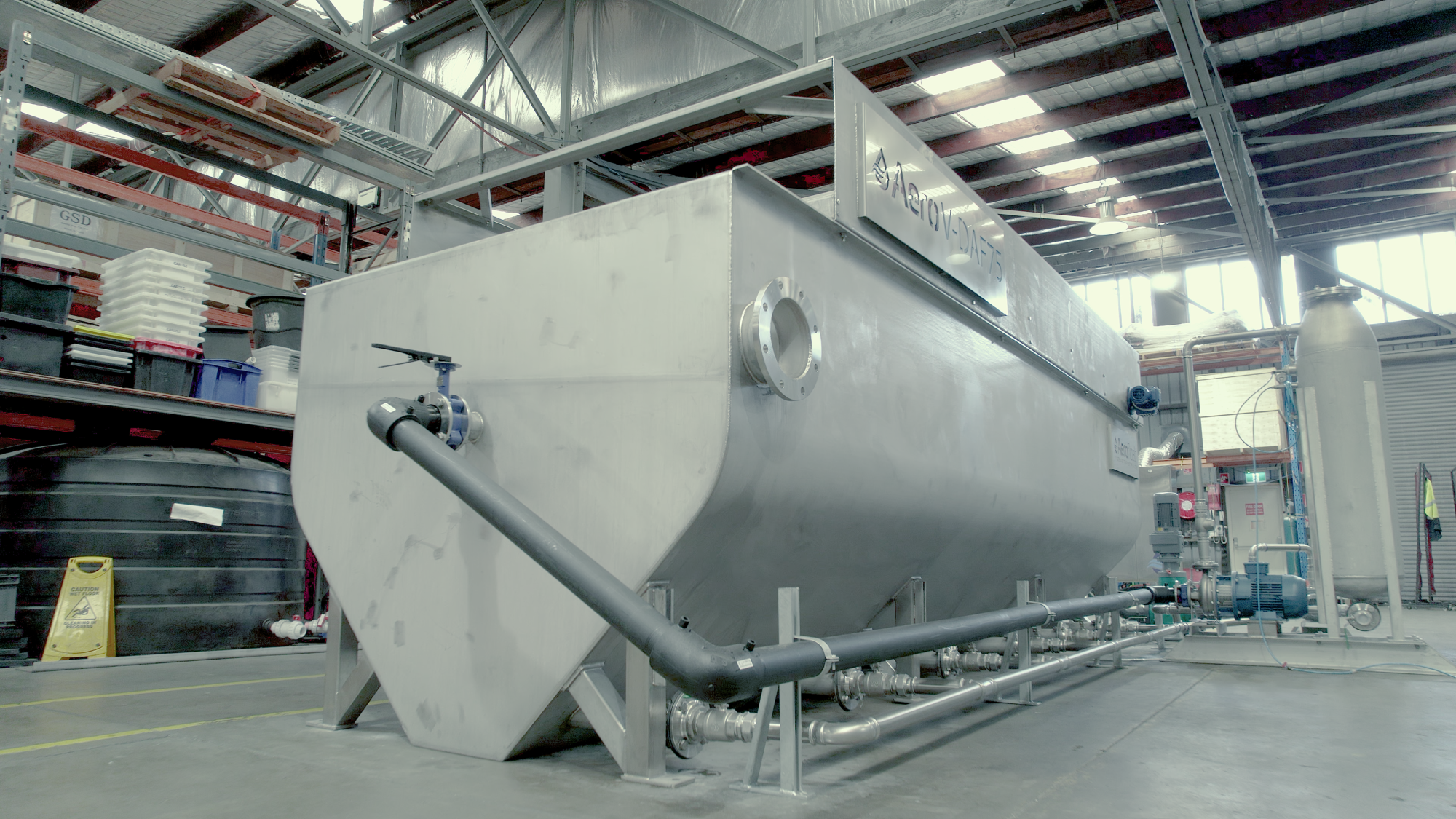
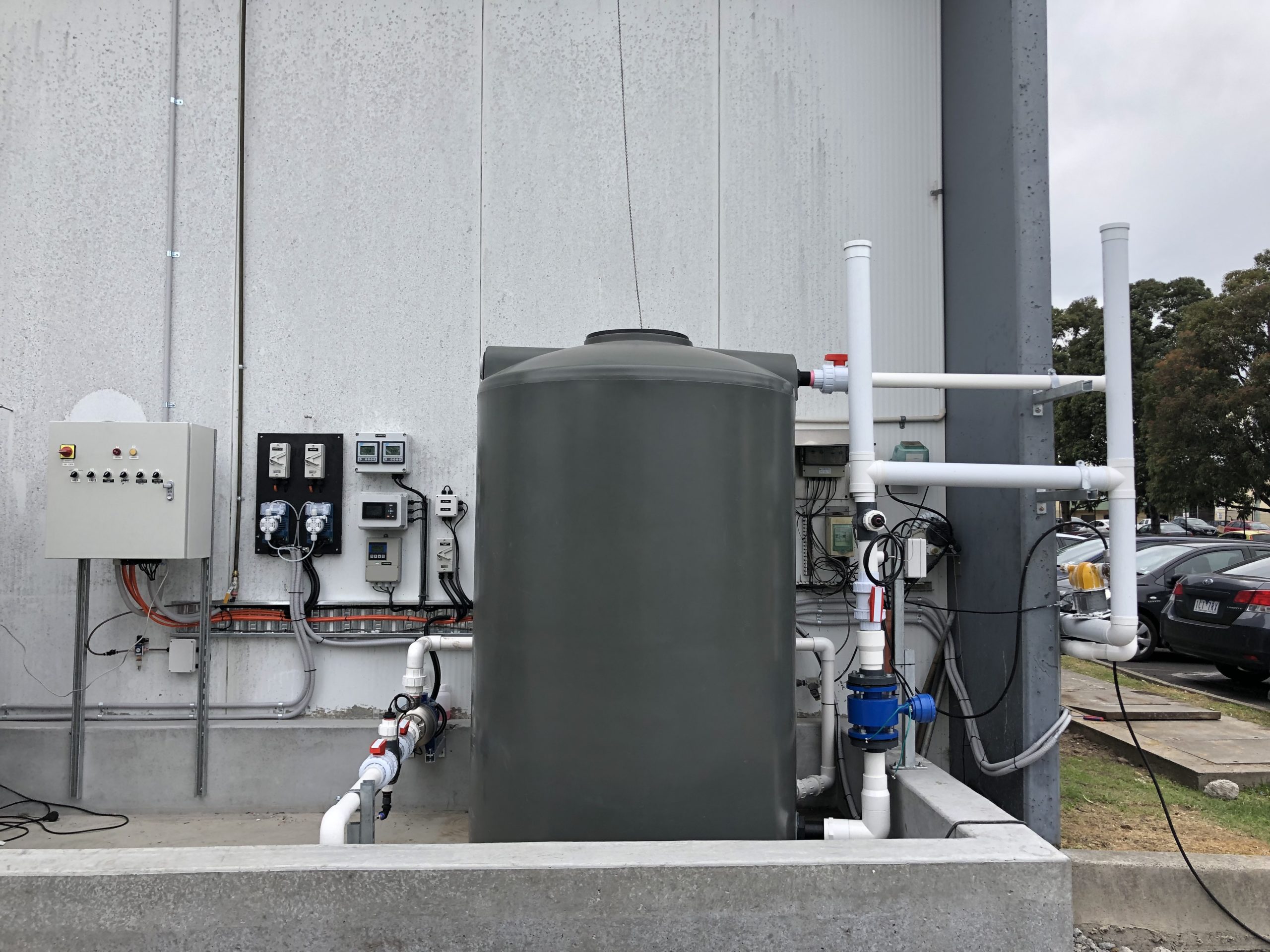
Aerofloat can assist in designing total water treatment systems, or support a segment of an overall water treatment plant design. Aerofloat’s mechanically simple and robust designs can often be advantageous for the first stage of water treatment to improve longevity of downstream equipment.
Aerofloat is able to implement proprietary technology or third party supplier technology – with access to reputable suppliers of membrane and filtration technology such as reverse osmosis, sand filtration and ultrafiltration.
Aerofloat’s extensive experience in treating complex industrial and biological wastewaters enable it to offer diverse and considered designs for all aspects of water treatment.
Aerofloat has proven experience with high profile clients in implemeting reverse osmosis, ultrafiltration, sand filtration etc.
Aerofloat is also able to add value in offering proprietary technology that can have particular advantage over conventional equipment in the first stages of water treatment plants.
Water treatment requires in-depth knowledge of physical, chemical and biological processes.
Water treatment designs are very dependent on incoming feed quality. Aerofloat engineers have extensive design and analysis experience to determine the best fit solution.
Aerofloat adds value by managing the integration of the various products within the design.
Aerofloat has extensive experience in designing water and wastewater treatment solutions.
Aerofloat is able to provide a comprehensive design considering all aspects of sustainability, by providing an efficient and practical solution – considering the entire water cycle.
Moving bed biofilm reactor (MBBR) involves a biological process commonly used to remove soluble contaminants, such as BOD and COD (typically dissolved sugars and proteins).
Aerofloat has many combined years’ engineering experience in the wastewater treatment industry. It also has access to several third-party products at competitive prices to incorporate into any design – including membrane bio reactors for biological treatment.
Construction
Holiday parks
Remote towns
Housing developments
Water reuse projects

Located in Albury-Wodonga, the Circular Plastics facility is a joint venture between Asahi Beverages, Pact Group Holdings Ltd
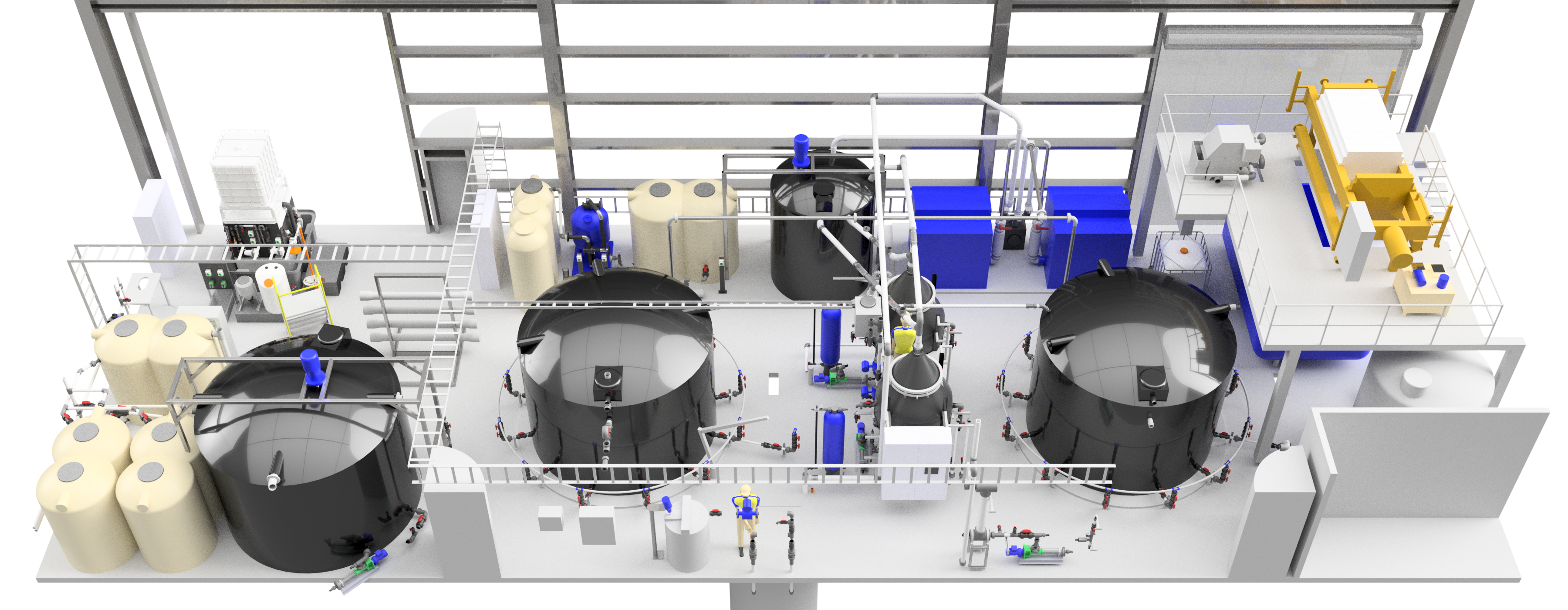
A robust wastewater treatment solution from Aerofloat achieved outstanding results against stubborn ink waste.
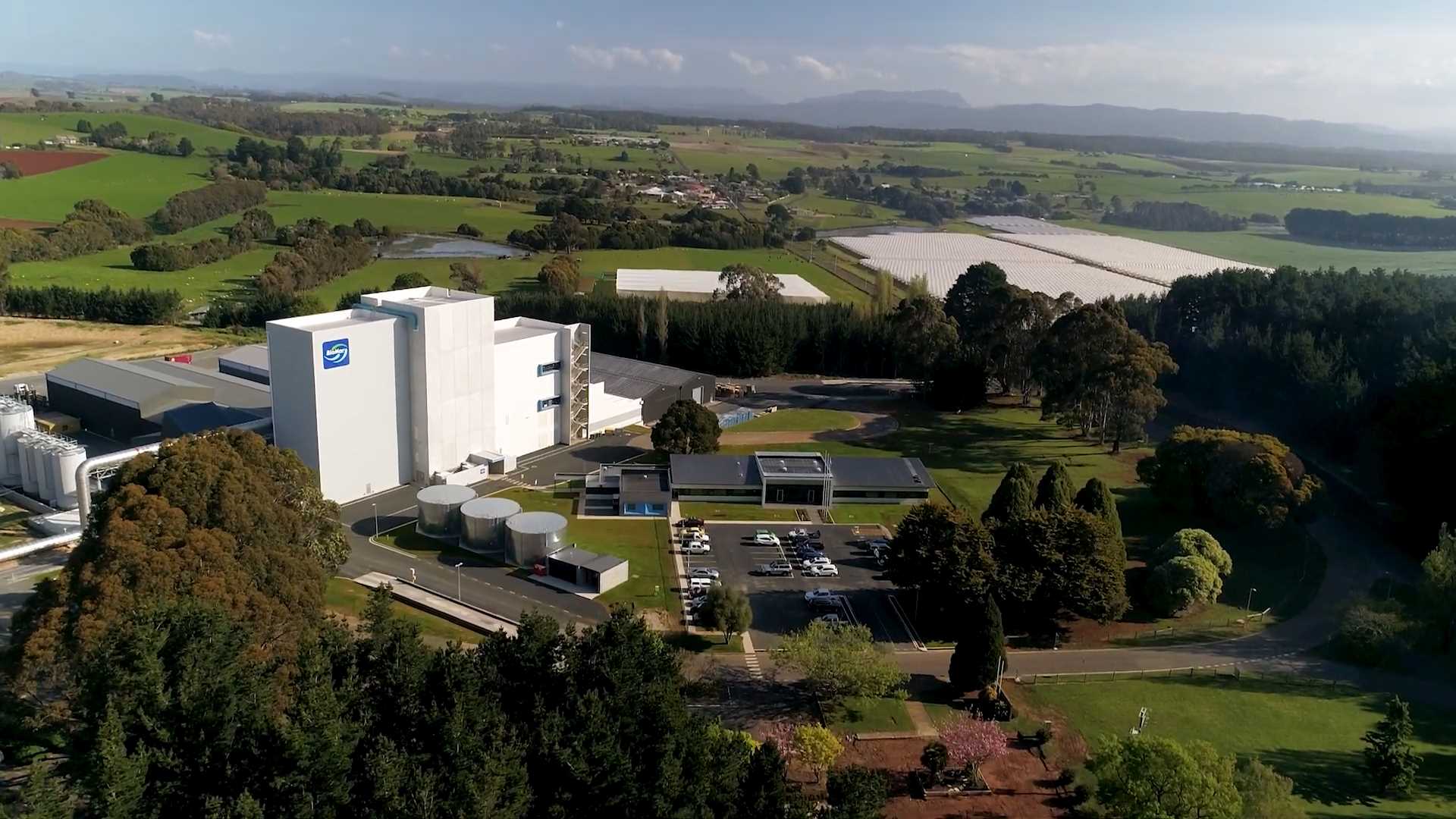
Aerofloat was engaged by the aquaculture company to design a wastewater treatment plant that would allow its new




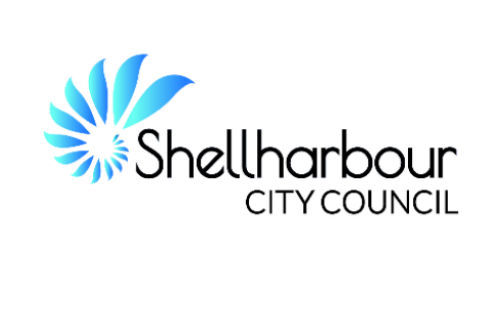















Water treatment is crucial primarily for ensuring the safety and healthiness of water for human consumption. In Australia, where diverse environmental conditions prevail, untreated water may contain harmful contaminants like bacteria, viruses, and chemicals, posing significant health risks. Moreover, water treatment is integral to environmental protection. It minimises pollution by treating wastewater from industries and households, which is especially vital in maintaining Australia’s unique ecosystems.
Additionally, water treatment is essential for industrial and agricultural applications. Industries require water of specific quality standards for product safety and consistency, while agriculture relies on treated water to prevent disease spread in crops and livestock. The process, thus, is not just about making water safe for consumption but also about sustaining the country’s economic and environmental health.
Yes, water treatment in Australia is governed by stringent regulations to ensure safety and quality. The Australian Drinking Water Guidelines (ADWG), established by the National Health and Medical Research Council (NHMRC) and the Natural Resource Management Ministerial Council, set the framework for these standards. These cover microbial, chemical, and radiological water quality aspects. Additionally, individual states and territories may implement their own supplementary regulations, ensuring consistent water quality standards across various uses and regions
Water treatment can indeed be customised to suit specific water sources or requirements. The variability in water quality, whether from surface water, groundwater, or reclaimed sources, necessitates tailored treatment solutions. Aerofloat’s engineering expertise enables them to analyse these variances and design systems that cater to the unique aspects of each water source, employing suitable filtration and disinfection techniques.
This customisation also extends to fulfilling the distinct needs of various industries or communities. For instance, the water treatment required for the pharmaceutical industry can significantly differ from that for agricultural use. Aerofloat’s capability to provide such specialised treatment ensures that clients receive water that not only meets their specific needs but also aligns with Australia’s comprehensive water quality standards and regulations.